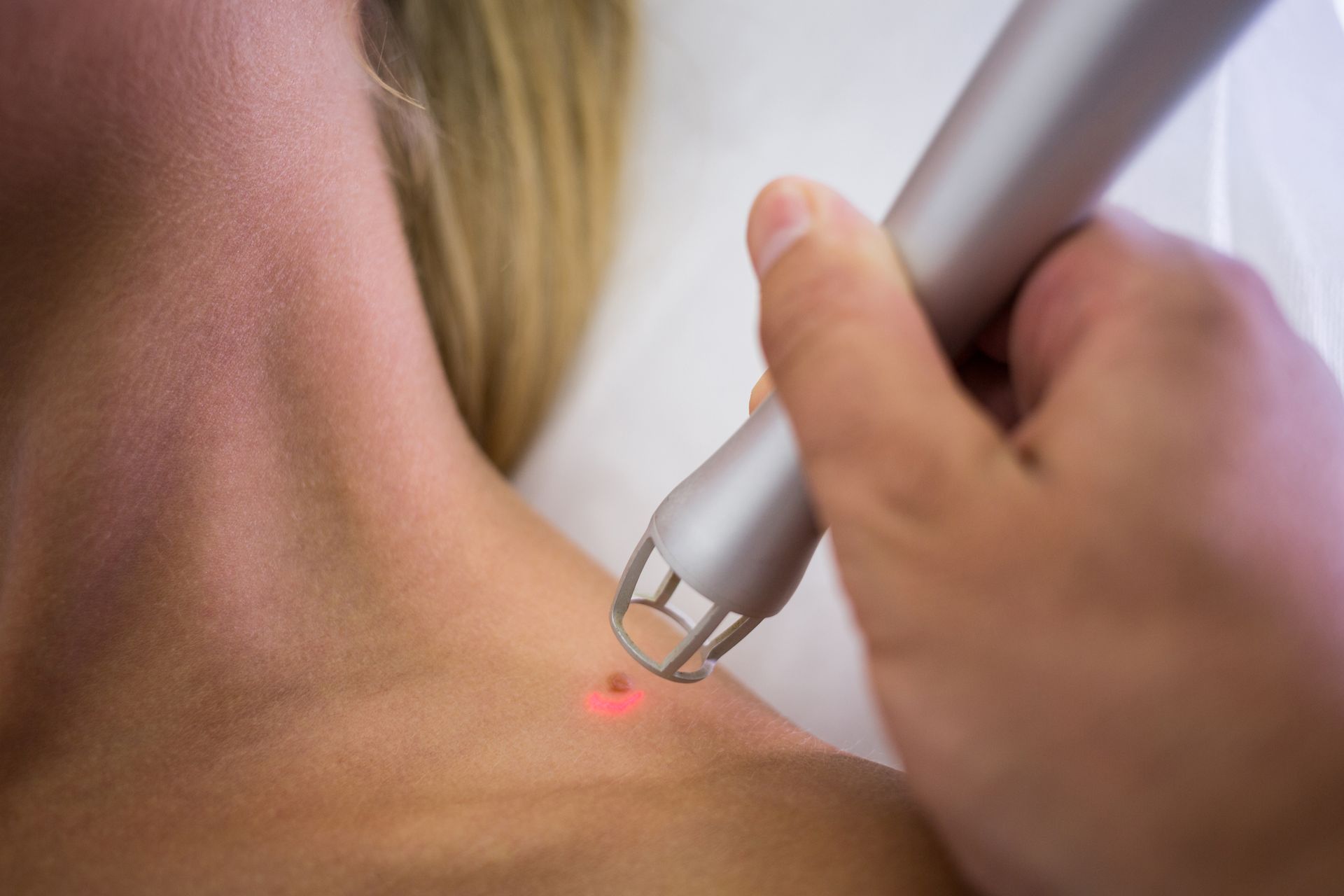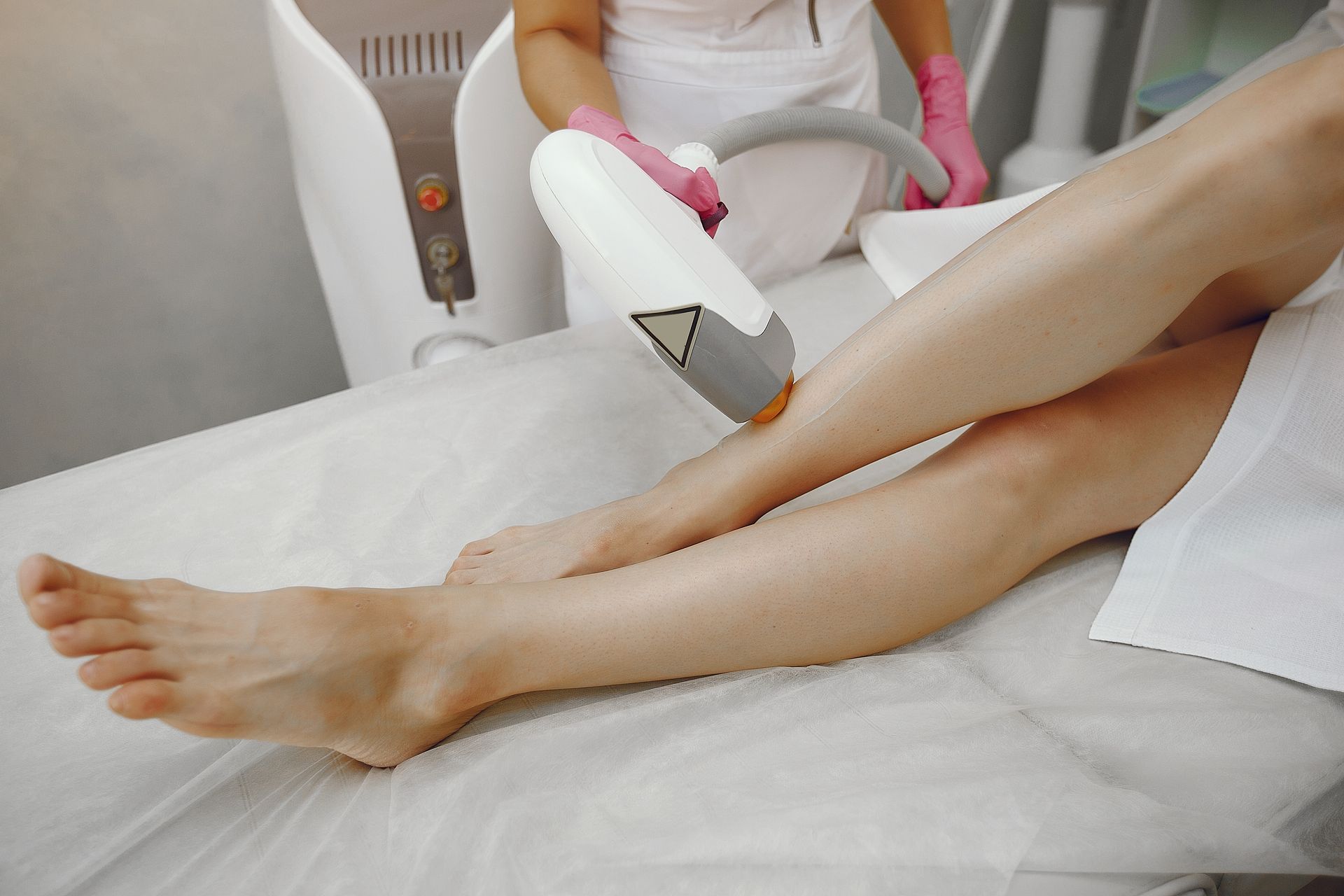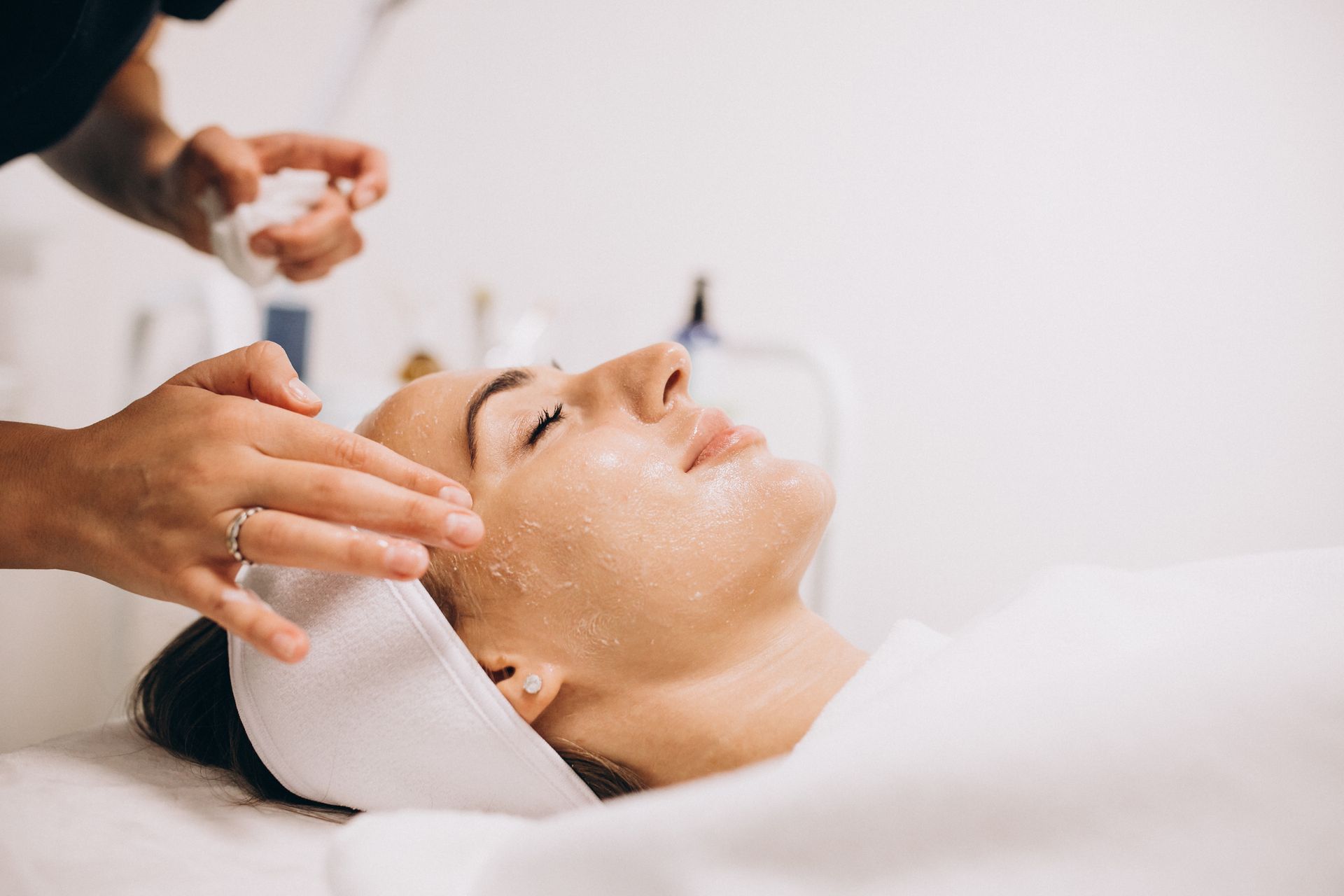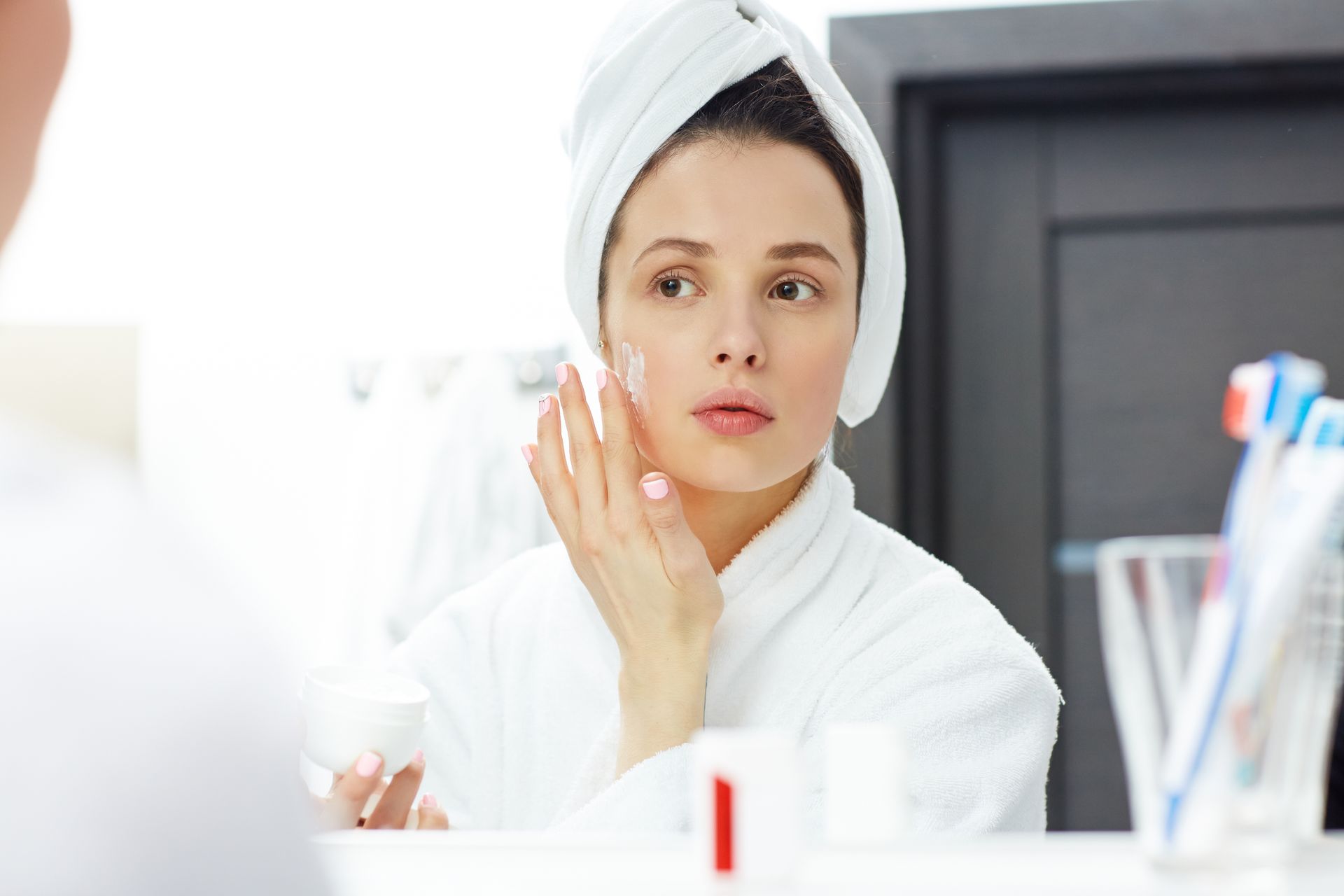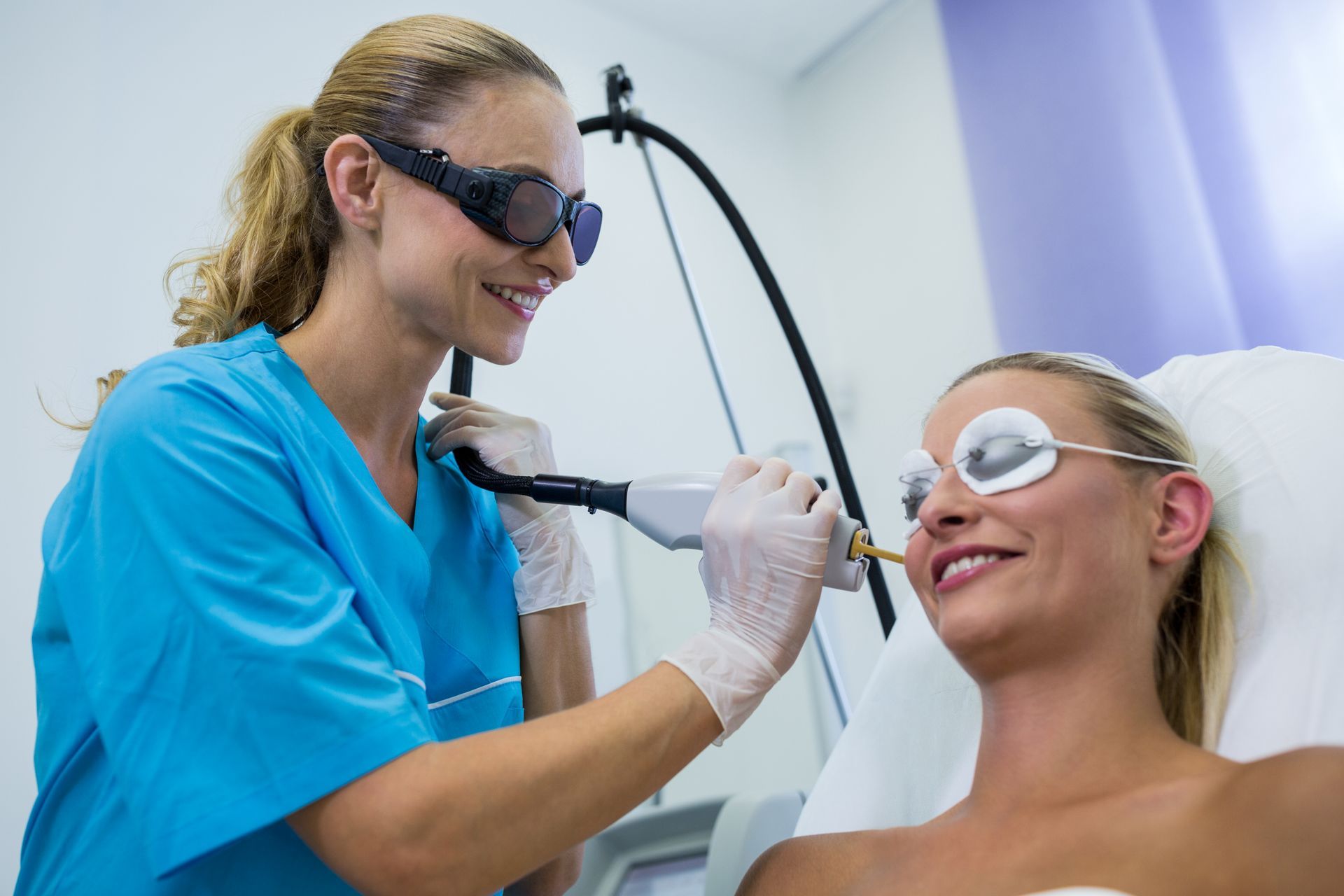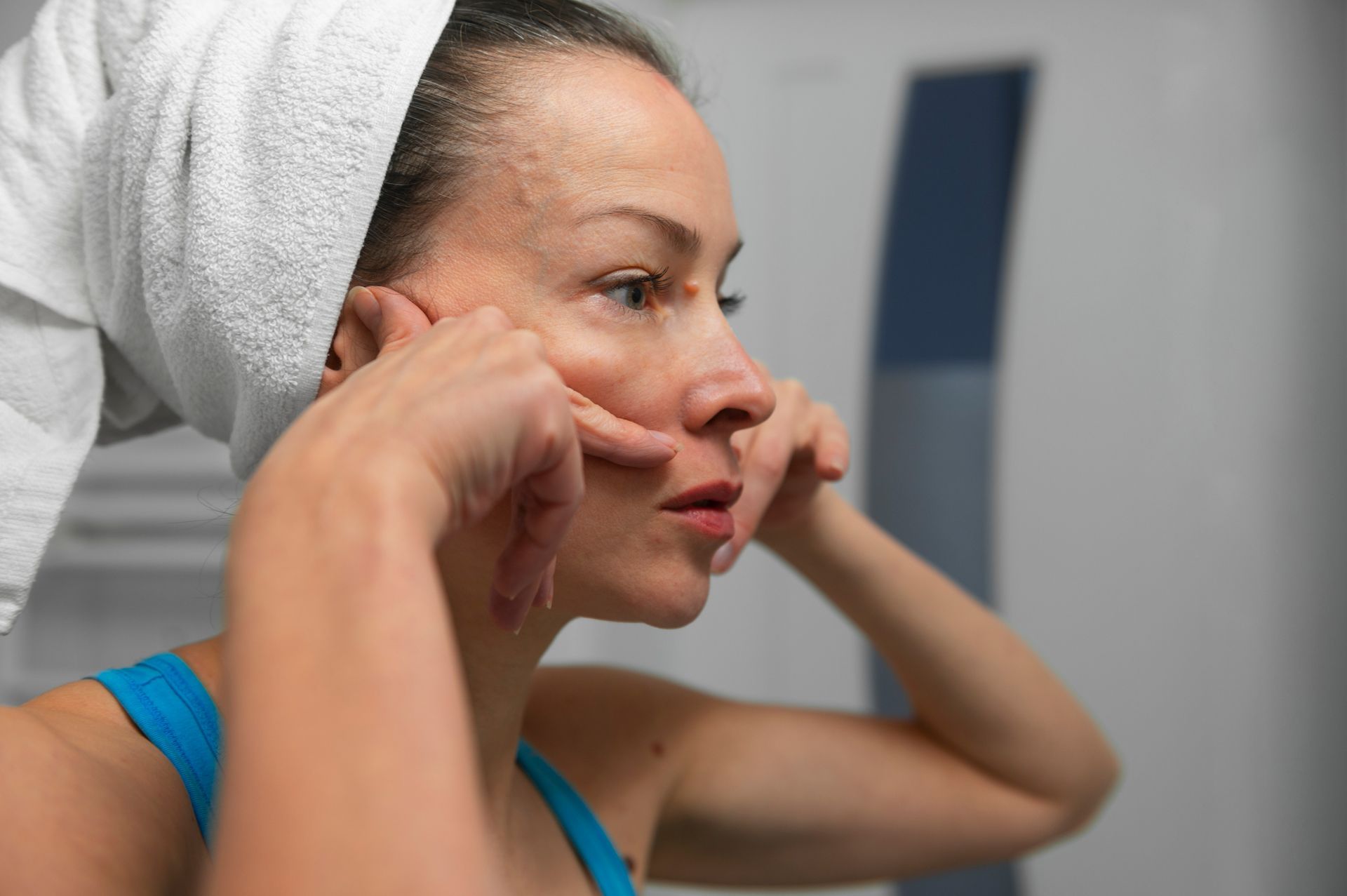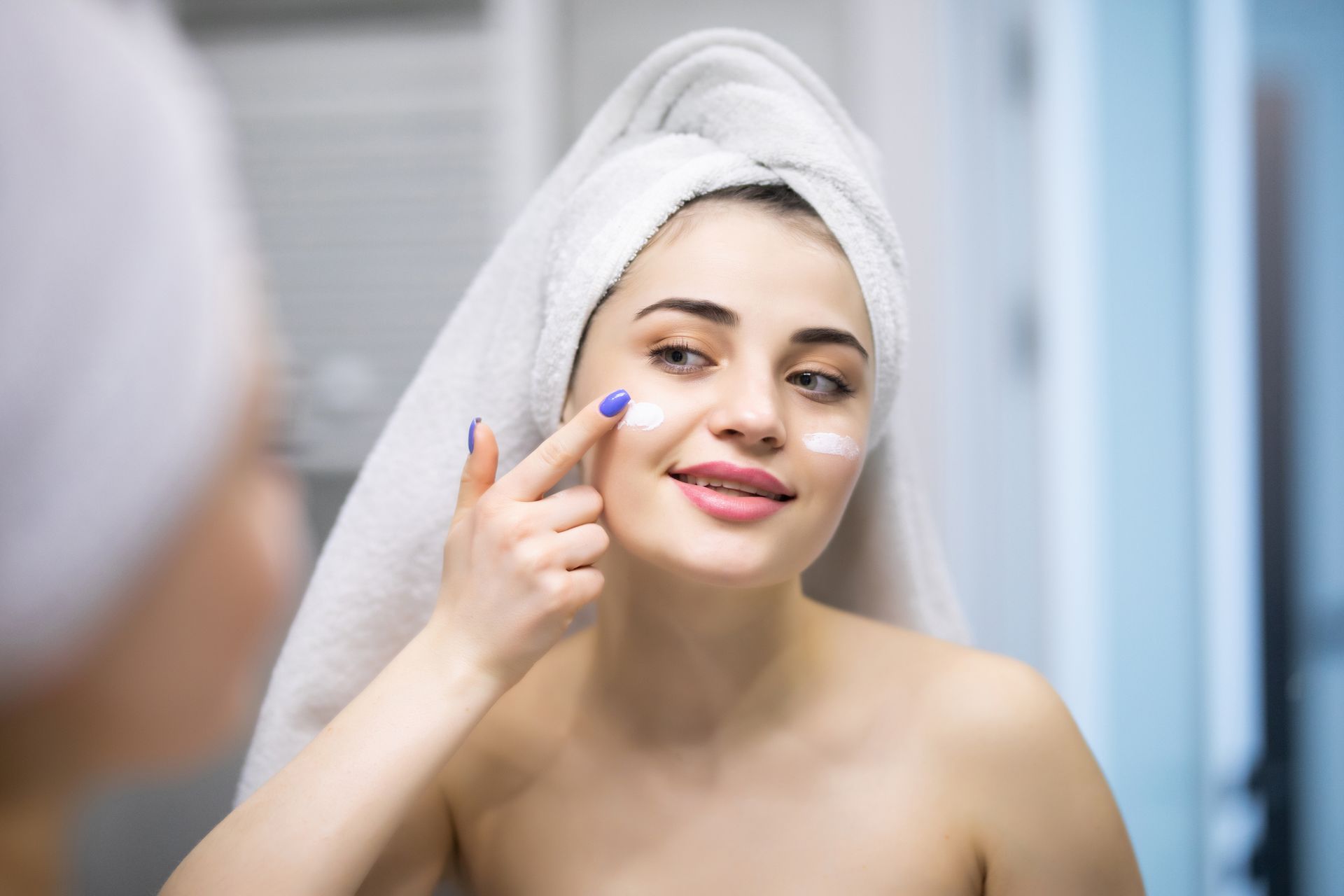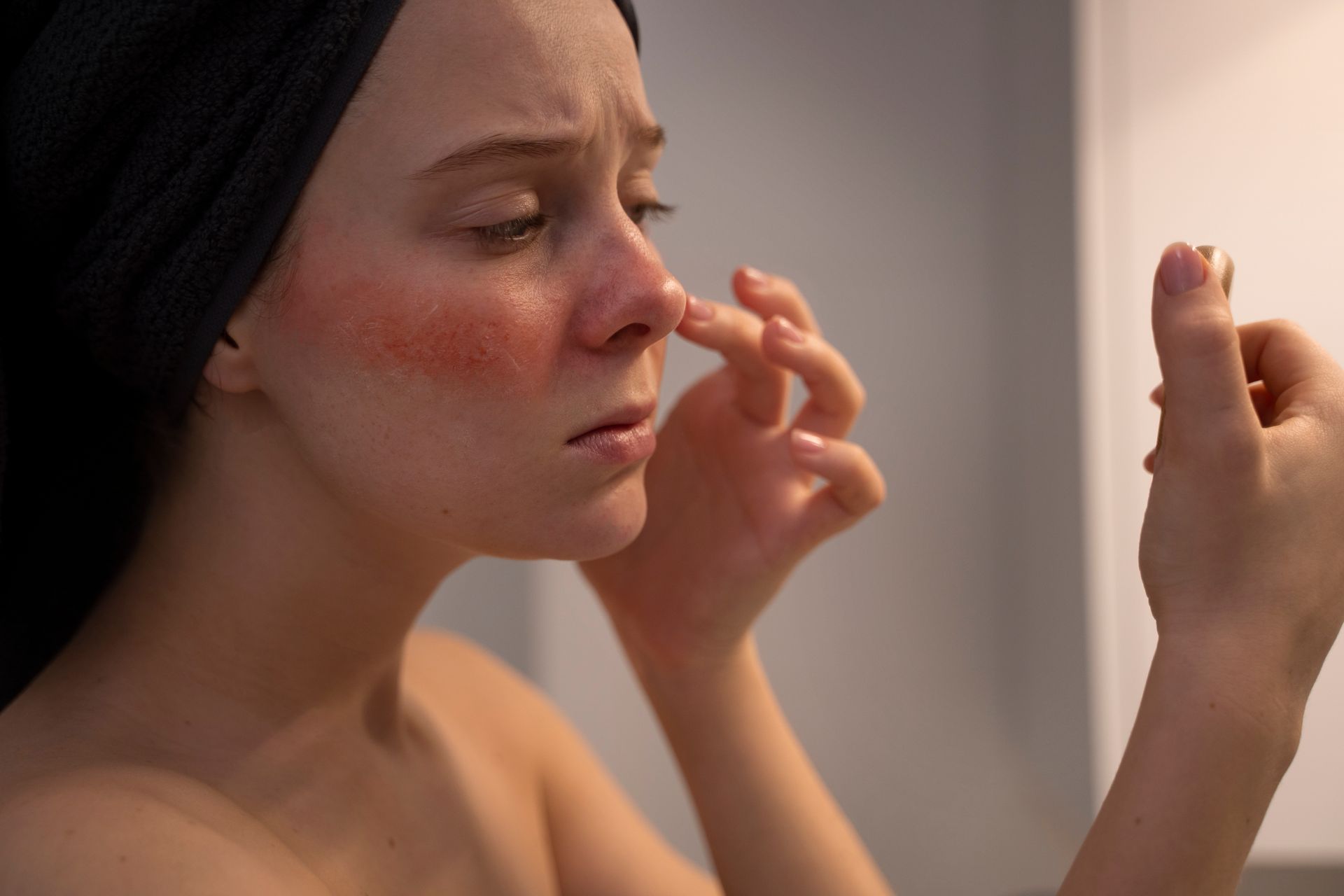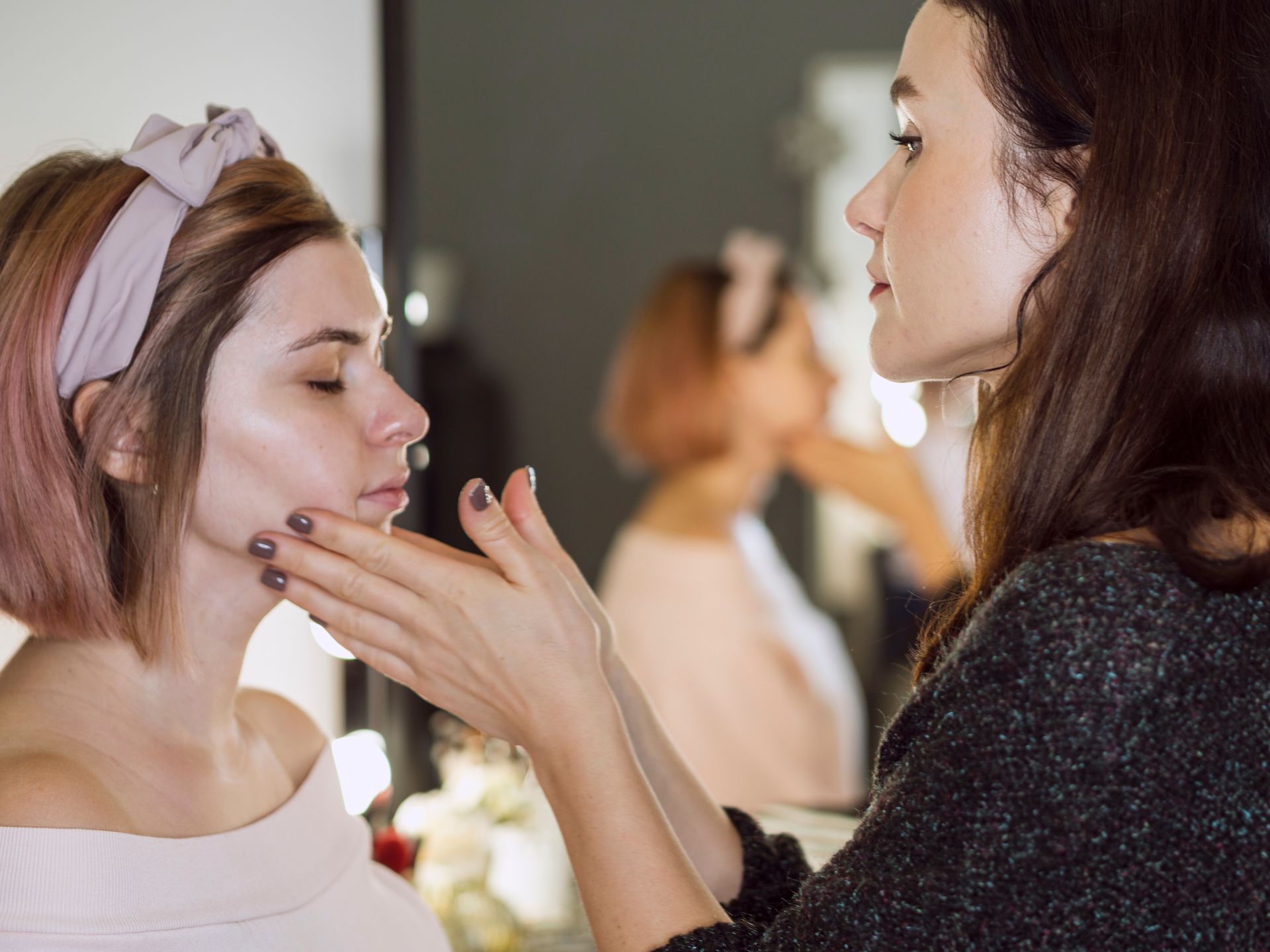Can I Use Deodorant After Underarm Laser Hair Removal?
Underarm laser hair removal does more than reduce hair—it temporarily disrupts the surface layer of your underarm skin. For a few hours to a couple of days afterward, that area is especially vulnerable to irritation. Applying deodorant too soon—especially those containing alcohol, fragrance, or aluminum salts—could stoke redness, burning, clogged pores, or worse. So what exactly is safe and when can you resume deodorant use? Let’s break it down.
How Many Sessions for Underarm Laser Hair Removal?
Why You Should Avoid Deodorant Immediately After Treatment
Your underarm skin may feel sunburned after laser due to mild inflammation or raised follicles. Deodorants often contain ingredients like alcohol, fragrances, and aluminum compounds that can further irritate delicate skin. Antiperspirants may clog pores, interfere with sweat gland function, and slow the healing process. For these reasons, clinics recommend avoiding deodorant for a minimum of 24 to 48 hours, sometimes up to 72 hours for sensitive skin
How Long Should You Wait Before Applying Deodorant?
Standard Recommendation (24–48 Hours)
Most reputable clinics and dermatologists advise waiting at least 24 to 48 hours before using any deodorant or antiperspirant on treated underarms. This allows the epidermal surface to recover and reduces the risk of irritation.
Sensitive Skin? Extend to 72 Hours
If your skin is naturally prone to redness, itching, or sensitivity—or if irritation persists after two days—waiting up to 72 hours is advisable.
What Reddit Users Say About Deodorant Use Post-Laser
Real experiences from laser-treated individuals echo these recommendations:
“Ideally you should wait. But if you must use it, use a gentle fragrance-free and alcohol-free deodorant or just a bit of baby powder.” —
“I never waited the 24 hours… my esthetician told me alcohol-free sensitive skin deodorant usually is fine.” —
These accounts support the cautious advice—and highlight that alcohol- and fragrance-free options may be acceptable after 24 hours, depending on skin response.
Alternatives to Deodorant During the Waiting Period
If you’re concerned about odor without deodorant for a day or two:
- Rinse your underarms with lukewarm water to reduce bacteria and soothe skin
- Use fragrance-free baby wipes sparingly
- Apply a thin layer of pure aloe vera gel to calm irritation and keep bacteria in check
- Wear loose, breathable cotton clothing to prevent friction and heat buildup
- Use talc-free or baking soda–free powder (e.g., cornstarch or arrowroot) to absorb moisture without chemical exposure.
Does Underarm Laser Hair Removal Really Work?
Choosing a Safe Deodorant After Healing
Once your skin is healed and no longer red or sensitive:
- Select a deodorant free of alcohol, fragrance, and aluminum to minimize reactivity
- Natural or crystal formulas (such as mineral salt sticks) are gentler options
- Perform a patch test on a small area before applying broadly
- Observe skin response over 24 hours; if irritation appears, wait longer before reapplying
- Consider ingredients like aloe vera, niacinamide, or glycerin for their soothing and hydrating properties
Even after initial recovery, stick with mild products until you’re confident your skin has returned to its usual resilience.
Myths vs Facts
Myth: You shouldn’t ever wear deodorant after laser hair removal
Fact: Deodorant can be safely resumed—if delayed enough and chosen carefully. The concern is only for the first day or two post-treatment.
Myth: Antiperspirants and deodorants delay laser results
Fact: They don’t reduce hair reduction effectiveness—but they may irritate healing follicles, causing discomfort or cosmetic issues like clogged pores or temporary rashes.
Final Thoughts
Yes, you can absolutely resume deodorant use after underarm laser hair removal—but timing and product type matter. Provide your underarm skin with a gentle recovery window of at least 24–48 hours, extending to 72 hours for more sensitive skin. Moisturize, dress loosely, and choose fragrance-free, alcohol-free formulas when you resume. That approach gives your skin the best chance for healing and optimal treatment results.

